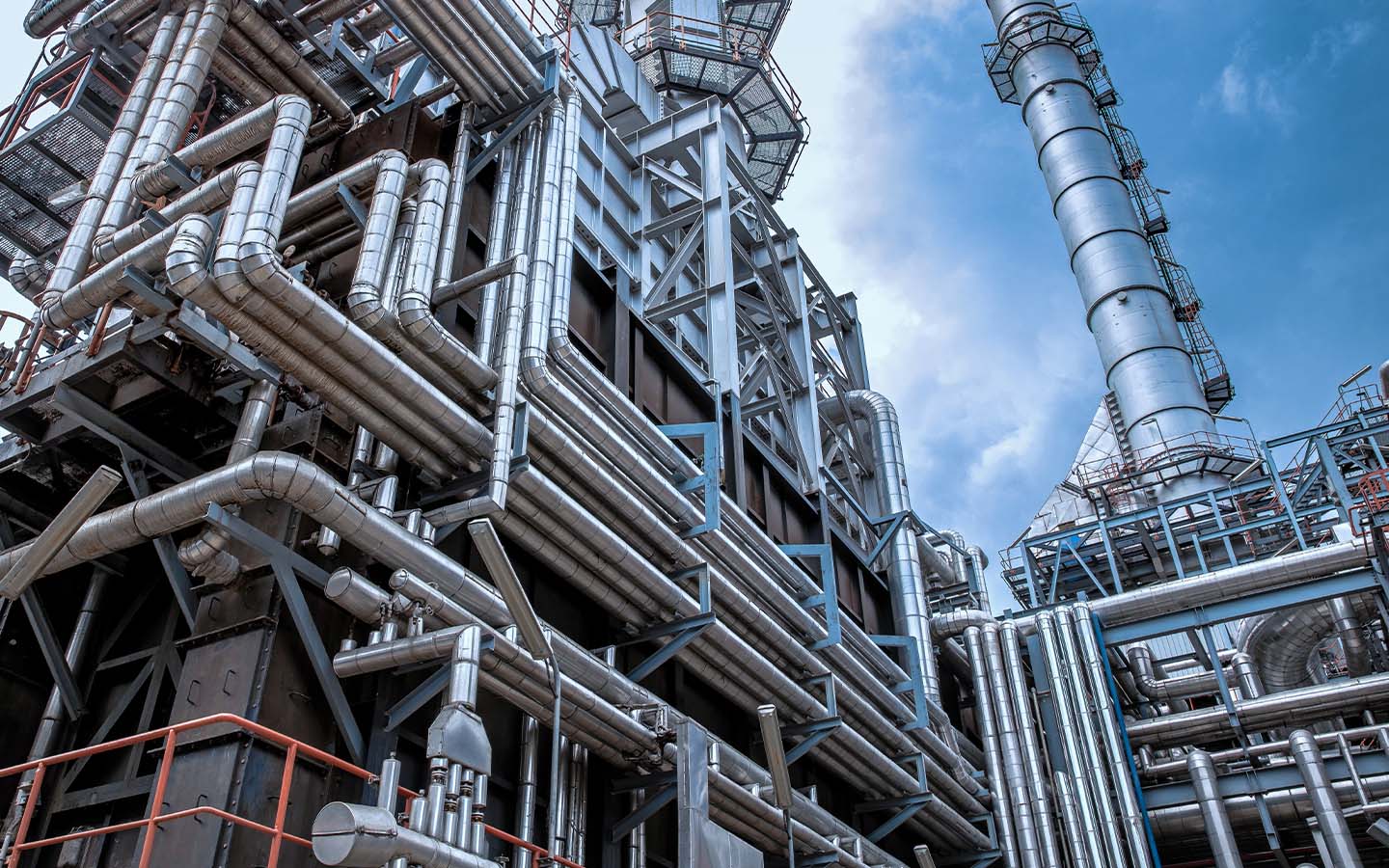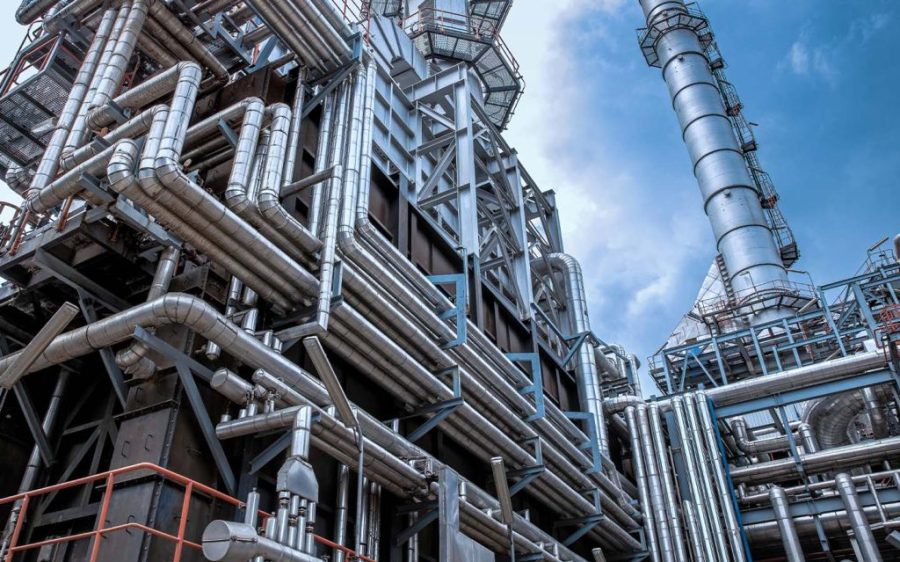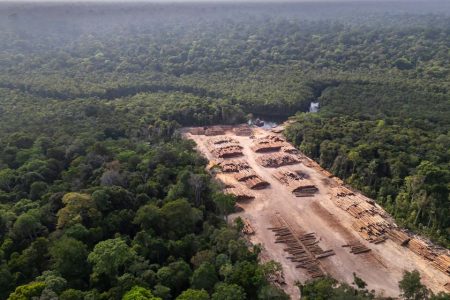Angola marks the inauguration of its Cabinda oil refinery today, putting the country on track to nearly double its capacity and slash expensive imports, reports Angolan news agency Angop.
After multiple delays, the oil refinery completed construction of the first phase of the industrial unit, with production and sale of fuels set to begin in around three months. The initial capacity of 30,000 barrels per day (bpd) of diesel and jet fuel represents around 10 percent of Angola’s current requirement. The second phase will see the import of diesel to ensure alignment with full production capacity, eventually reaching 60,000 bpd – nearly doubling the current capacity of 65,000 bpd from the Luanda refinery.
The Cabinda refinery is a public-private partnership between UK-based Gemcorp and Sonango, Angola’s state-owned oil company. The two companies share governance under the supervision of Angola’s Ministry of Mineral Resources, Petroleum and Gas.
Construction on the project began in 2019 with tree-clearing, earth-moving and demining, a critical step in a country still riddled with landmines from decades of conflict. Gemcorp completed that work the following year, but the Covid-19 pandemic, along with the confounding complexities typical of such projects, led to repeated delays.
[See more: Angola lands major agricultural investment from China’s CITIC]
Construction created more than 3,300 jobs, most of which went to Angolans, while worker training aims to prepare 5,000 Angolans for refinery-related jobs in mechanics, electrical work, welding and IT.
Phase one was backed by multiple African financial institutions with Africa Finance Corporation (AFC) mobilising US$335 million and a further US$138 million raised through equity sponsors.
Originally estimated at US$473 million, Covid-related delays and inflation pushed the cost to over US$500 million as of last October, when inauguration was set for April 2025. Funding for the second phase, expected to come online 18 months to two years after phase one, had not been finalised at that time. Gemcorp founder and CEO Atanas Bostandjiev told Reuters that he expected a final decision on that after the plant opened.
The executive emphasised the need for local refining, as Angola “imports almost 100 percent of its refined products from Europe.” Those imports amount to over US$2 billion annually, underscoring the need for a more efficient, financially sustainable alternative. Fuel costs are a serious issue in Angola. A rollback of government subsidies in July of this year touched off weeks of protest, culminating in a three-day riot that killed at least 30 people.






